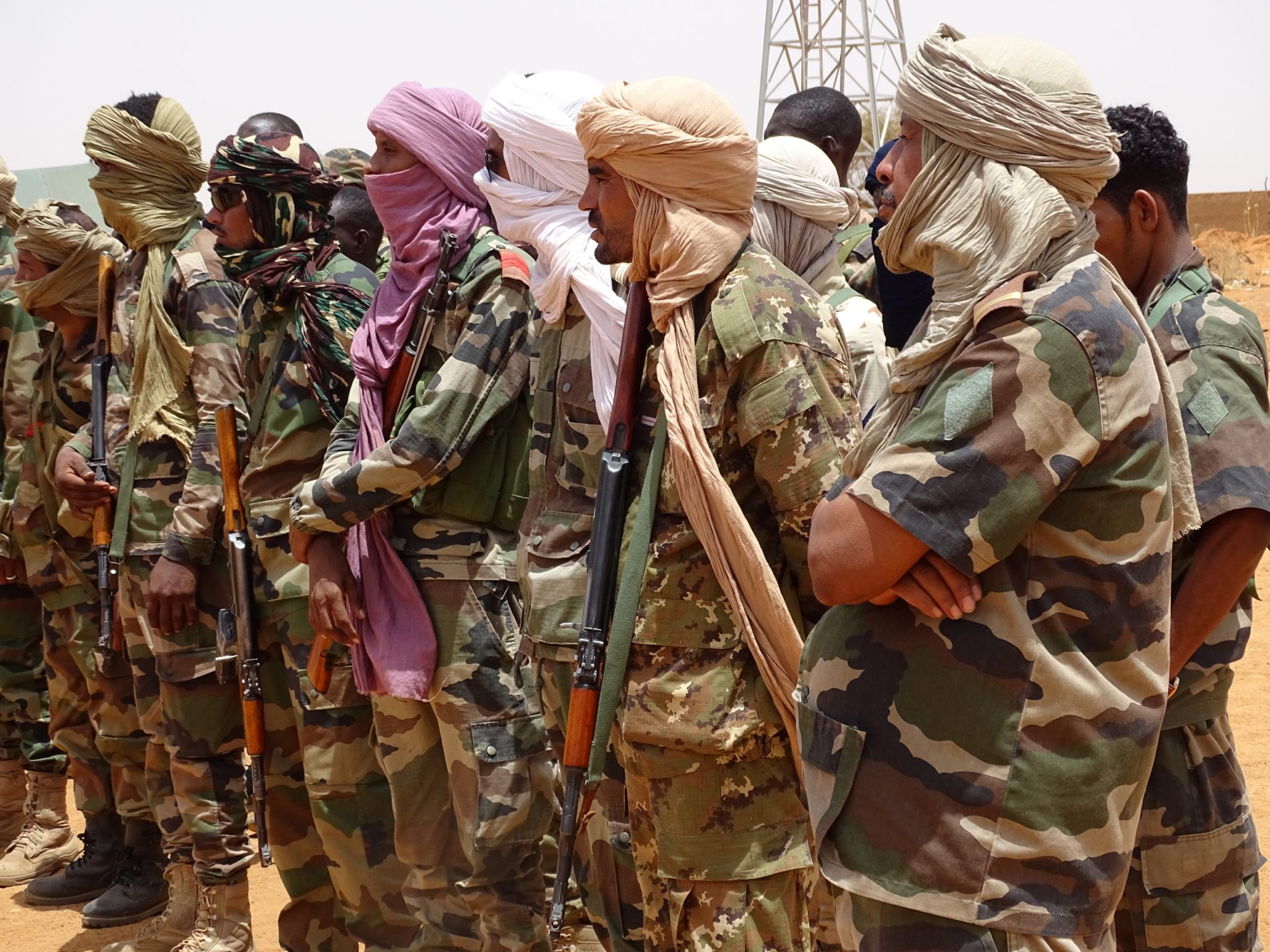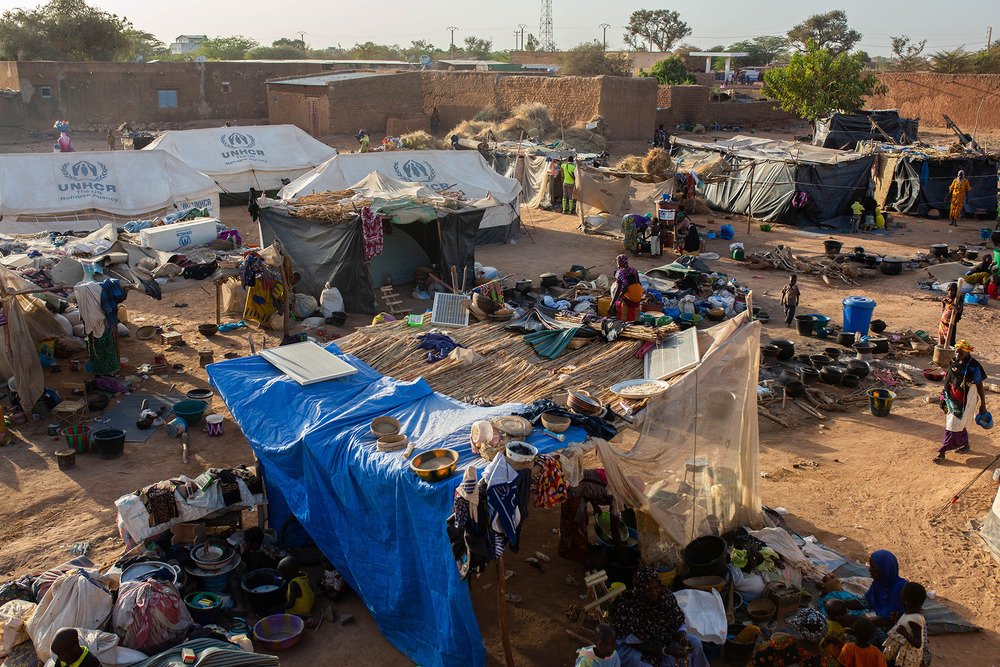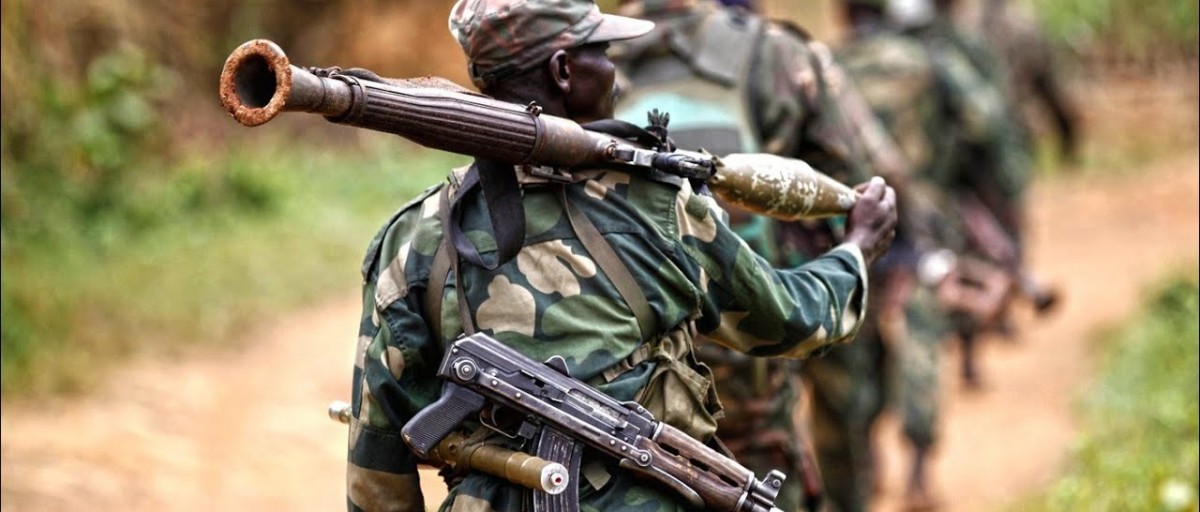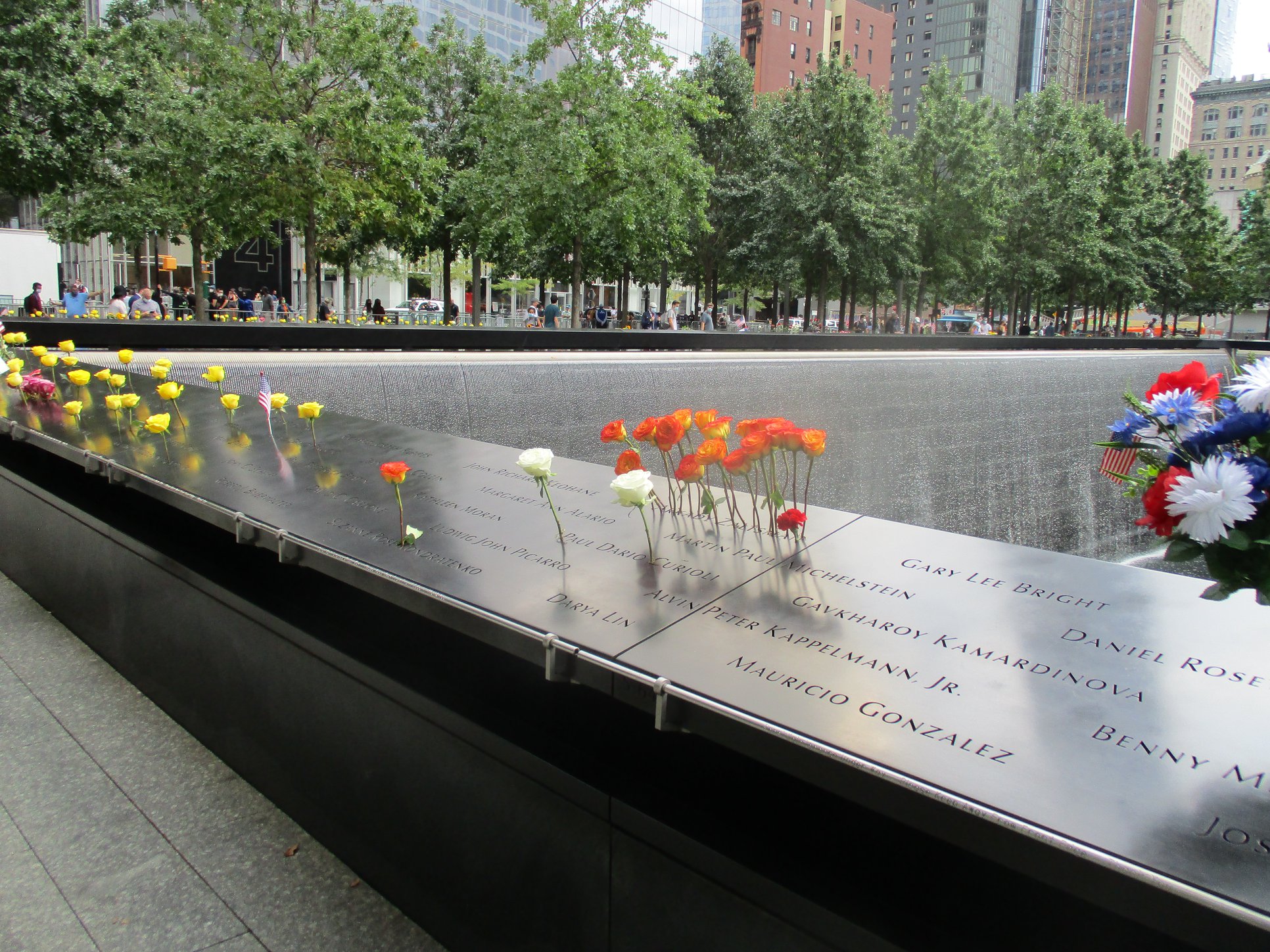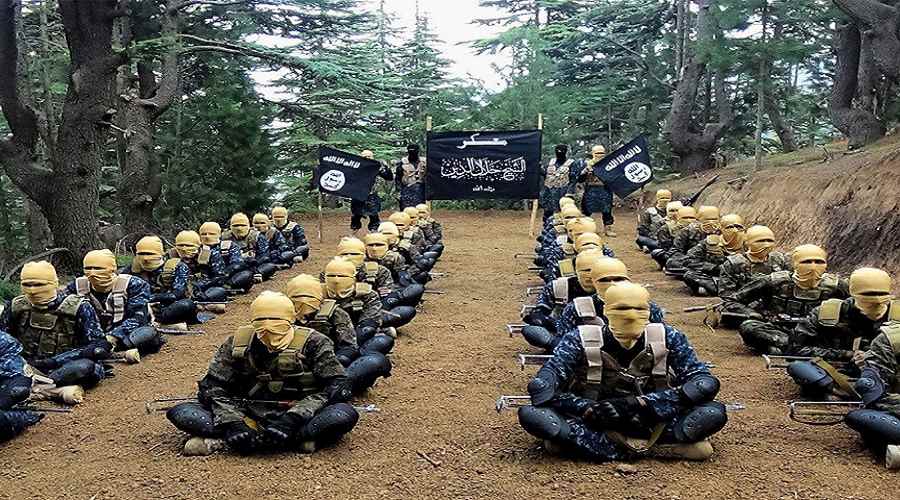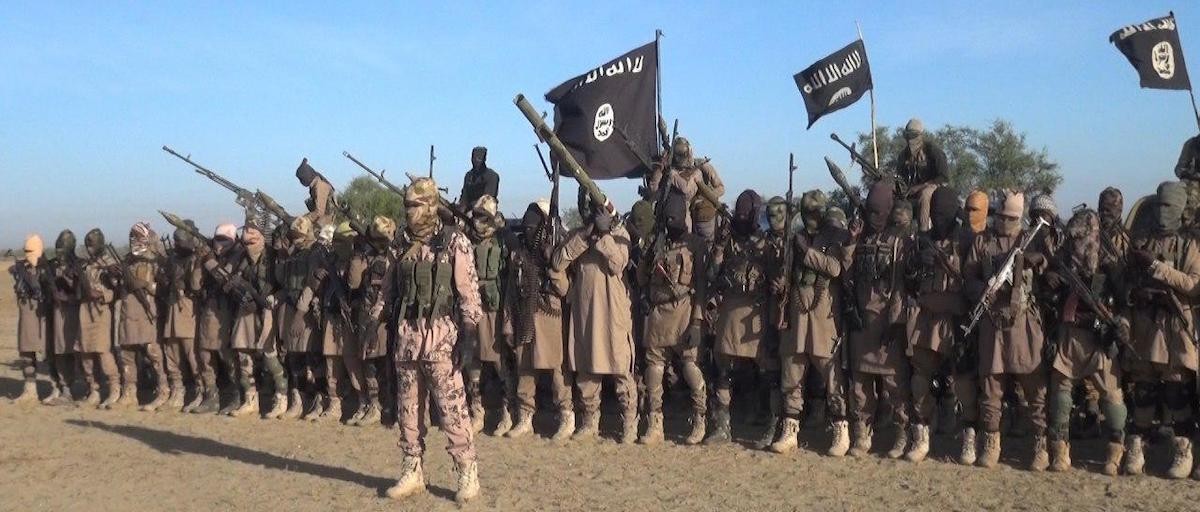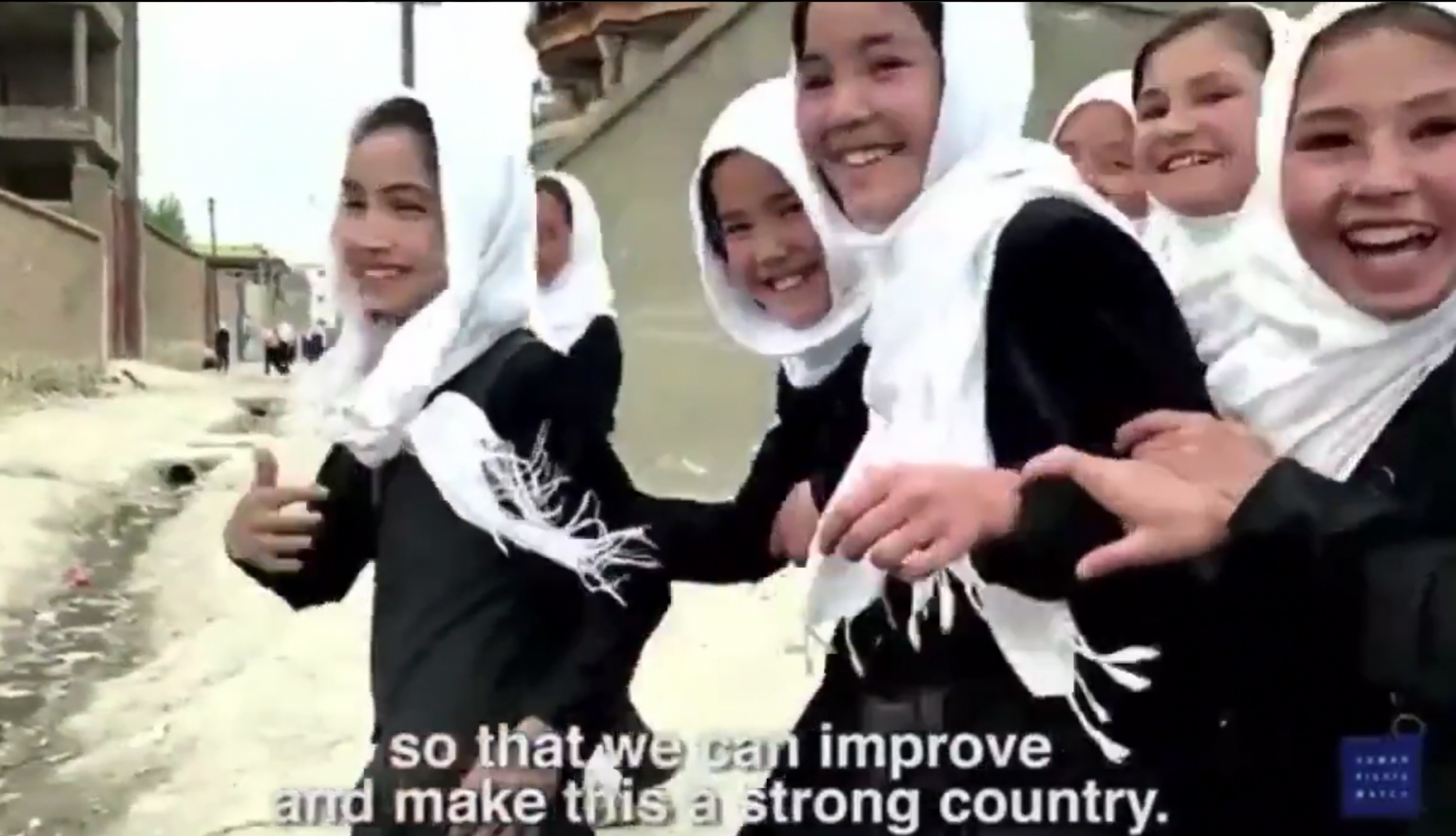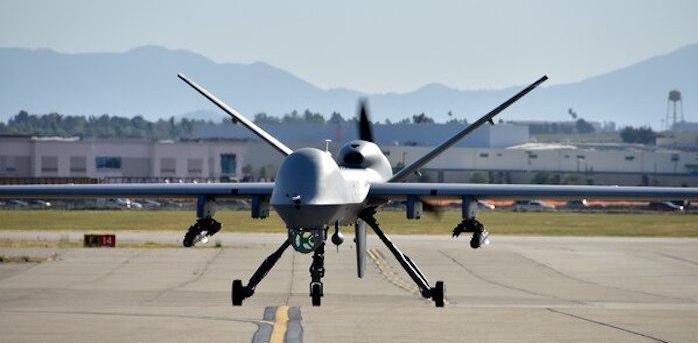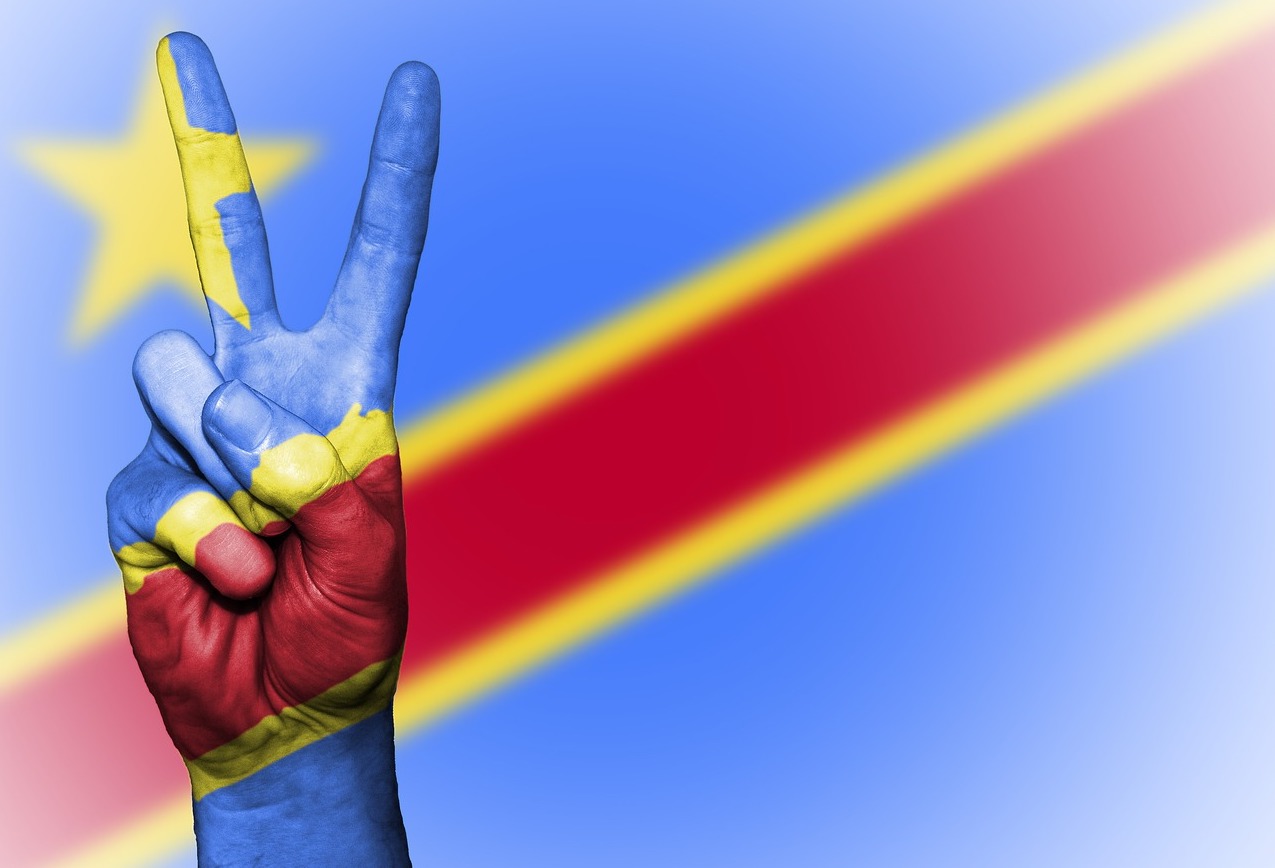
Confused DRC peace dialogue in Kenya
The first round of talks between armed groups and the government of the Democratic Republic of the Congo concluded in Nairobi. The Islamist Allied Democratic Forces (ADF) wasn’t invited, however, while the Ituri-based CODECO was approached but didn’t attend. M23 representatives were meanwhile ordered out after their forces resumed clashes with the DRC military. The talks followed an East African Community summit in which heads of state agreed to set up a regional military force to fight rebels unwilling to lay down their arms. A UN peacekeeping mission operates in the DRC but is making drawdown plans. The Ugandan army is also intervening in the country, while martial law has been declared in the volatile eastern provinces for a year. Rebel attacks and abuses by soldiers continue, and nearly three million people were displaced last year alone. (Image: Pixabay)




